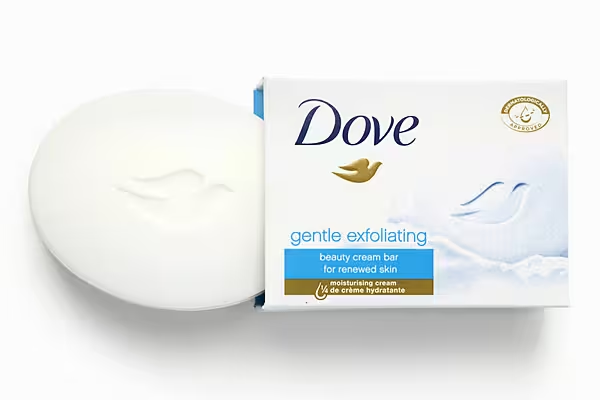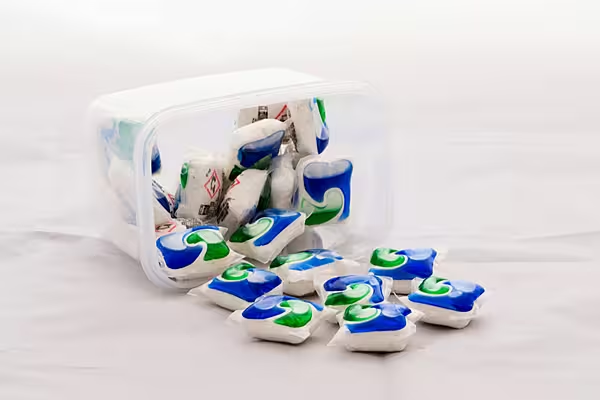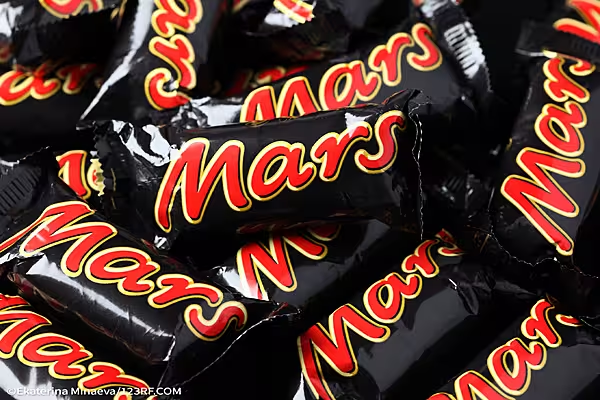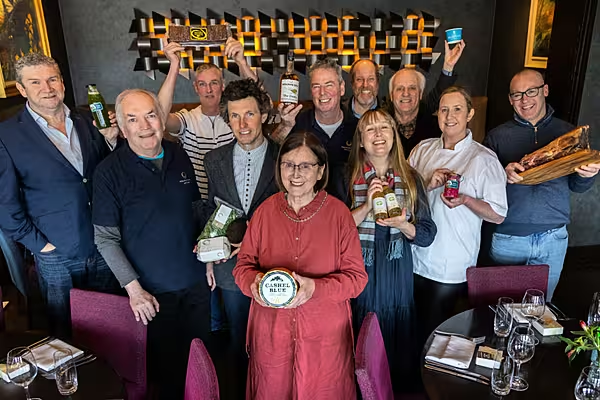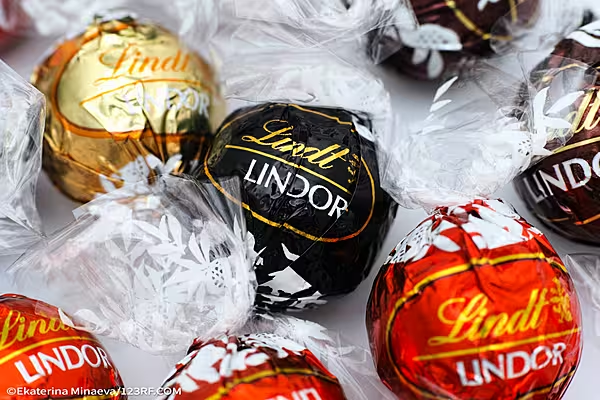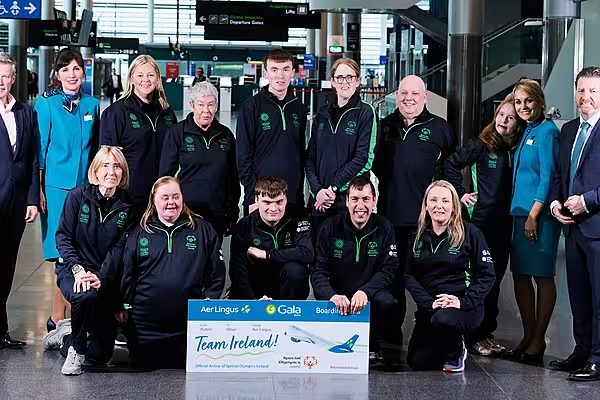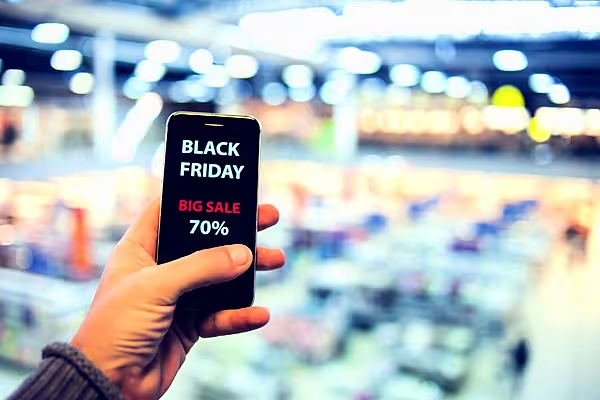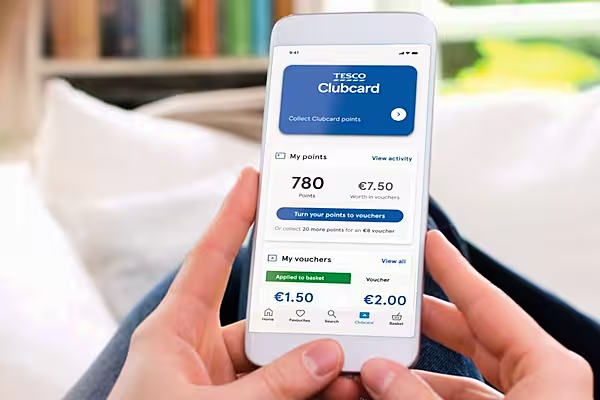Unilever reported a stronger-than-expected return to sales growth in the third quarter, led by emerging markets where it generates the bulk of its revenue.
Underlying sales rose 4.4%, for the Anglo-Dutch maker of Dove soap, Hellmann's mayonnaise and Tresemme shampoo. Analysts on average were expecting an increase of 1.3%, according to a company-supplied consensus.
Sales in emerging markets rose 5.3%, while developed markets rose 3.1%.
Turnover was €12.9 billion, versus analysts' estimate of €12.7 billion euros.
Unilever's sales had fallen 0.3% in the second quarter, its first drop in 16 years, hurt by steep declines in food eaten out of the home and the pandemic's impact on emerging markets.
'Portfolio Resilience'
“We have delivered a strong performance this quarter," commented chief executive Alan Jope. "Volume-led growth shows the resilience of our portfolio and our agility in responding to rapidly changing dynamics across consumer segments, geographies and channels.
“The environment we are operating in will remain unpredictable in the near term, so we will continue to maintain the speed and agility of our response. Our focus remains volume-led competitive growth, delivering absolute profit and free cash flow.”
Growth Target
Unilever withdrew its annual sales growth target in April, due to uncertainty around the pandemic and said on Thursday it would still not be giving any short-term guidance.
Like its larger peer Nestlé, Unilever has been buying assets to get more exposure to fast-growing categories like vegan foods and premium beauty and moving out of slower categories like margarine and tea.
Nestlé reported a strong acceleration in third-quarter sales and raised its outlook on Wednesday.
Unilever is planning to unify its dual-headed corporate structure into one London-based entity. The unification is expected to complete next month.
Its shares are up about 8% this year through Wednesday, while the FTSE 100 has fallen 23%.
News by Reuters, edited by Donna Ahern, Checkout.
